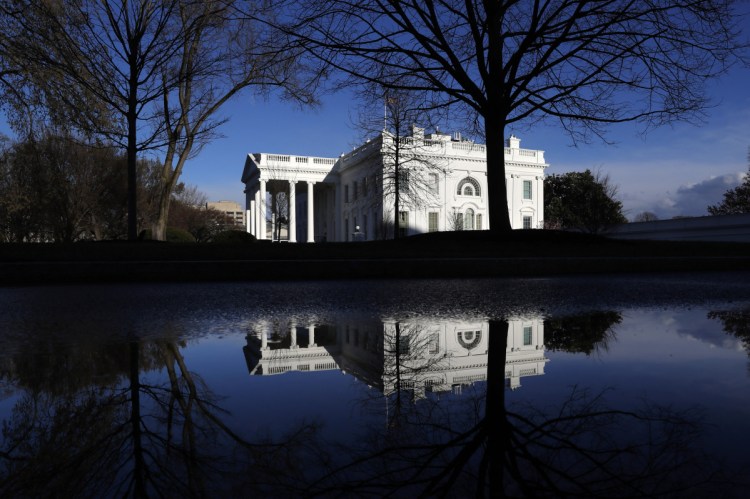WASHINGTON – Now what?
Special counsel Robert Mueller has concluded his Trump-Russia investigation and on Friday delivered his final report to the attorney general. We may not get all the juicy details uncovered over the past 22 months – at least not right away – but this story is far from over.
Here’s what to expect next:
WHAT HAPPENS NOW THAT THE INVESTIGATION IS OVER?
Justice Department regulations required only that Mueller give the attorney general a confidential report that explains the decisions to pursue or decline prosecutions. That could be as simple as a bullet point list or as fulsome as a report running hundreds of pages.
WHAT WILL THE ATTORNEY GENERAL DO?
Attorney General William Barr said he envisions two reports, and only one for congressional and public consumption, which he will write.
Barr has said he takes seriously the “shall be confidential” part of the regulations governing Mueller’s report. He has noted that department protocol says internal memos explaining charging decisions should not be released.
Barr has said he will draft his report for the chairman and ranking members of the House and Senate Judiciary committees. But here again, the regulations provide little guidance for what such a report would say.
The attorney general is required only to say the investigation has concluded and describe or explain any times when he or Deputy Attorney General Rod Rosenstein decided an action Mueller proposed “was so inappropriate or unwarranted” that it should not be pursued.
In a letter Barr sent Friday to the four lawmakers he said there were “no such instances.”
He also said he may be in a position to advise them of Mueller’s “principal conclusions as soon as this weekend.”
Barr said he would determine what other information from the report can be released to Congress and the public after speaking with Mueller and Rosenstein.
WILL TRUMP BE ABLE TO SEE THE REPORT?
It is unclear whether Trump will ask to see the report and under what circumstances he or his attorneys might be able to view it, especially because the document is meant to be confidential for Justice Department leadership.
Mueller reports to the Justice Department, not the White House.
Barr said at his confirmation hearing that he would not permit White House interference in the investigation. But he also has voiced an expansive view of executive power in which the president functions as the country’s chief law enforcement officer and has wide latitude in giving directives to the FBI and Justice Department.
Democrats could seize on any disclosure to the president to argue that the report really isn’t confidential and should be immediately provided to them as well.
CAN DEMOCRATS IN CONGRESS SUBPOENA MUELLER AND HIS REPORT?
Sure. The chairman of the House Judiciary Committee, Rep. Jerrold Nadler, D-N.Y., has said as much.
“We could subpoena the final report. We could subpoena Mueller and ask him in front of the committee what was in your final report. Those are things we could do,” Nadler told ABC’s “This Week” in October.
But Trump, as the leader of the executive branch, could direct the Justice Department to defy the subpoena, setting the stage for a court fight that would almost certainly go to the Supreme Court.

Send questions/comments to the editors.



Comments are no longer available on this story